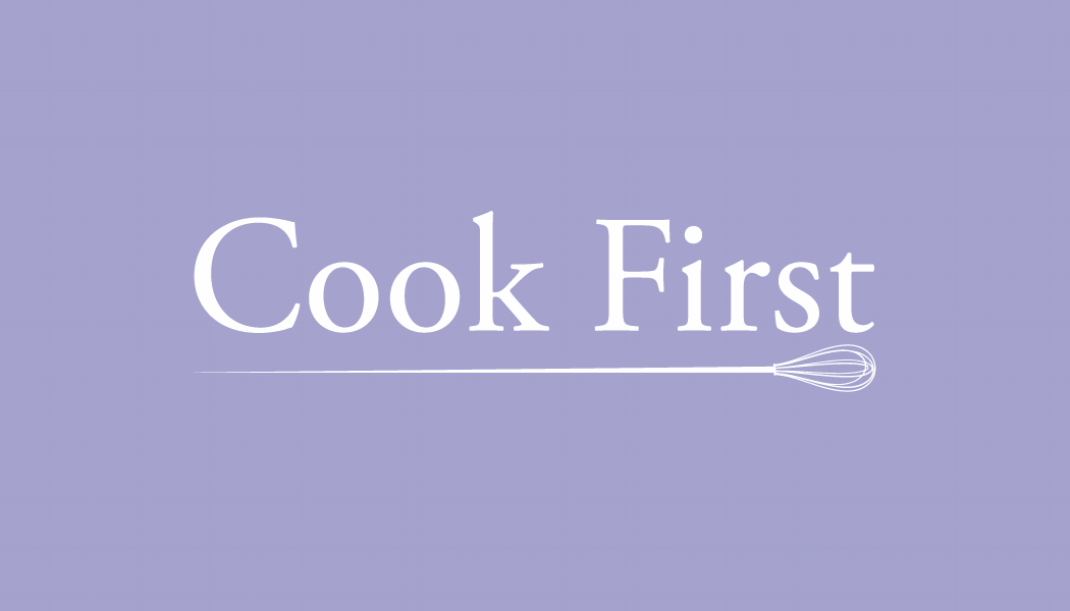Take me back to Tunis

I am British tourist recently returned from a magical holiday in Tunis.
As we heard on the BBC Radio 4’s You and Yours programme on 14th July, only three countries in Europe still impose a travel ban on their citizens travelling to Tunisia: the UK, Ireland and the Netherlands. The economy continues to suffer greatly from a huge drop in British holidaymakers since the two terrorist attacks in 2015. Holiday companies such as Thompson and Thomas Cook are yet to resume their flights or package holidays to Sousse and Hammamet. British Airways no longer flies to Tunis. Air Tunis does fly (from London Heathrow), but only three times per week and flights are frequently delayed. The only British people still visiting Tunisia are those on business and those who remain unflinchingly loyal to this enchanting country.
According the World Travel and Tourism Council (WTTC), in 2014 Tunisia hosted 6.1 million tourists, which contributed 15.2% to GDP and supported almost 500,000 jobs (13.8% of the country’s total employment). Yet in 2016, a year after the attacks, the WTTC reported that overall foreign spending in Tunisia fell by 37% and visits by British nationals by 40%.
Having worked for the UN World Food Programme in numerous war-zones and crises, I’m certainly a well-seasoned traveller. In Tunis I felt totally safe, comfortable and unthreatened. My friend and I wandered around in t-shirts and shorts, and – unlike in so many other countries in the region – no one stared or leered at us. In fact, no one bothered us at all, even at night.
We took every opportunity to chat to the locals. Moving around easily (and very cheaply) by taxi was always an adventure. One driver spent the entire journey complimenting my ‘jolie’ French accent. Another, fluent in Italian, bemoaned the Tunisian people’s lack of appreciation for aubergines. Yet throughout these weird and wonderful rides, the driver’s parting message was always the same: You are welcome in Tunisia.
One positive aspect of the lack of tourists was that we felt we had the city to ourselves. We were the only visitors in the National Museum of Carthage – definitely worth a trip, even if just for the majestic view from the ruins. Tunis has a special authenticity, which is one of its most alluring aspects. It’s like the love child of a Greek Goddess and a Saharan Warrior- the exquisite combination of delicate Mediterranean coupled with earthy Moorish. Areas like the trendy Sidi Bou Said are reminiscent of a Greek island town, with blue shutters and white, bougainvillea-adorned walls, while the Medina’s endless labyrinth of shops selling spices, jewellery, leather and pottery is classically North African. Even at this time of the year when the temperature can reach 46 degrees Celsius, the sea breeze and the dryness of the heat makes it tolerable.
Investigating the local food scene is – for me – a key component of any trip abroad. And this investigation was one of my most pleasurable to date: Tunisian food is truly sublime.
Everything was simply delicious: sumptuous fish, fragrant stews, spiced cous cous, savory pastries such as brik (a fried stuffed crepe-like pastry filled with cheese or egg or tuna) or mehounia (dip of pureed sweet green peppers) and fresh, succulent Tunisian salads. And of course, on account of the French influence, fluffy bread and buttery patisserie delights, often with a North African twist. As were the perfectly authentic Italian gelaterie we so often saw. And to my delight, I never saw a single Macdonald’s, KFC or Pizza Hut. It felt like a holiday should feel – a true escape. The lemon and mint pressés were a perfect way to cool down during the day, and the local wine and beer a perfect accompaniment to the scenic sunsets.
My favourite foodie experience was our lunch at La Goulette, in the south of the city peppered with seaside eateries serving the freshest of fish, squid, and prawns. We had a fabulous salad, bread and seafood-filled meal for around £2.00 each.
While venturing into the depths of the mesmerizing Medina we were amazed at how – unlike our Marrakesh experiences – the owners didn’t harass us to come into their shops. We ate our weight in samples of exquisite rose water and hazelnut praline, Turkish delight and sweets made from semolina, honey and pistachios.
We also ate our way around the Marché Central, sampling the fiery harissa paste, orange blossom honey, olives, nuts and fresh fruits: the abundance of beautiful vegetables and fruits – figs, cherries, the ‘one-bite’ mini pears – was glorious. And every owner of every stall was so warm, so smiley, and so tragically grateful to us for choosing to come to Tunis on holiday, waving us goodbye with hand on heart and the ubiquitous refrain, ‘you are welcome’.
















